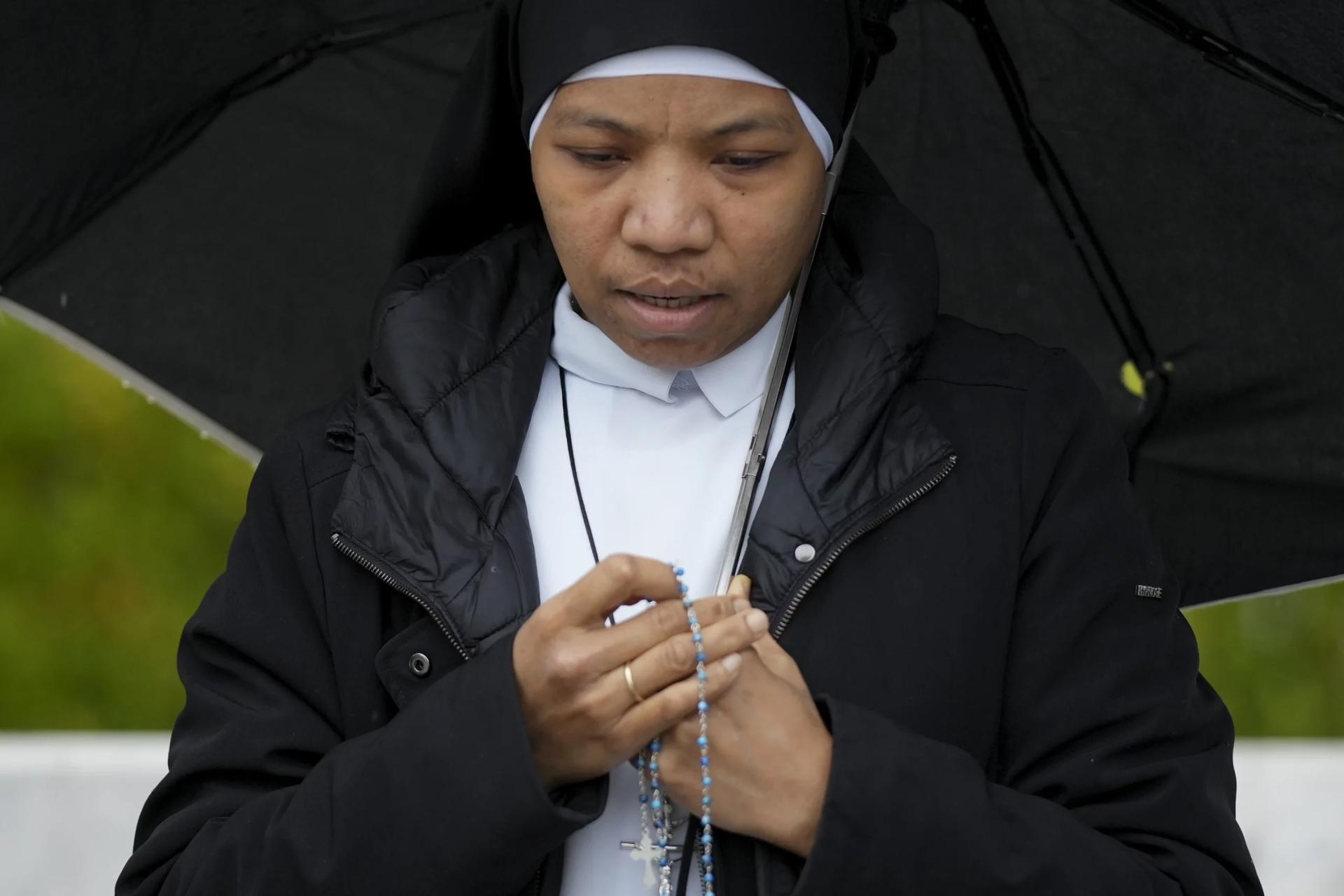Whenever a soul knows it’s loved, it wants to stay and flourish in the love that’s given. When we talk about prayer, we’re talking about being in the presence of the God who loves us. The soul, therefore, is inclined to pray because it wants God’s love and it knows that prayer is where God’s love is most intensely known and experienced.
When understood as the oasis of love, prayer takes on a different appeal. We realize that prayer is not merely about asking God for things, but – first and foremost – it’s about being with God, swimming in his love, and being transformed by his grace.
As prayer is lived as the encounter with love, we want to pray often. In fact, we are called to “pray always.” The exhortation is not a summons to formal prayer at every moment of the day, but rather it’s a simple invitation to know of God’s providence and to seek to live in his presence throughout the day.
With that clarification, we can emphasize that we are not called to be in constant formal prayer at every moment of the day, but we are called to periodic formal times of prayer. We cannot dismiss formal prayer times. We need them. The life of the Church is the life of prayer. The entire rhythm and movement of the Church is motivated and guided by prayer.
The Catechism of the Catholic Church teaches: “The Tradition of the Church proposes to the faithful certain rhythms of praying intended to nourish continual prayer.”
The rhythms of formal prayer are meant to feed and sustain our awareness of God’s presence. The formal moments of prayer are not removed times of prayer, but are meant to be “meal times” throughout the day that nourish our consciousness of God’s accompaniment and help to us to know of his presence and love.
The formal times of prayer are diverse in format, style, length, and purpose.
The preeminent formal times of prayer in the life of the Church are those given by the Liturgy of the Hours. The ancient and seasoned Liturgy of the Hours is the rhythmic praying of the psalms throughout the day. Although the Hours are prayed seven times throughout the day, namely, every three hours (except Midnight), most of the faithful only pray the “hinge hours” of Morning Prayer (Lauds) and Evening Prayer (Vespers).
In its reforms of the Church, the Second Vatican Council harkened for the renewal of the Liturgy of the Hours and called on pastors to teach the baptized how to pray the hinge hours and to provide opportunities for the Hours to be prayed publicly on the parish level. The Hours are meant for all the faithful and not only the ordained and those in religious life.
The restoration of the Hours to the entire life of the Church – ordained, religious, and all the baptized – is a return of set formal times of prayer in the life of all believers. It is precisely these Hours that can give an impetus and encouragement to living and thriving in the presence and providence of God.
The Catechism explains: “Some [rhythms of praying] are daily, such as morning and evening prayer, grace before and after meals, the Liturgy of the Hours.”
All of our daily efforts to formally pray and to dwell in God’s presence are elevated and find their summit in the Sunday Eucharistic Sacrifice and the full observance of the Lord’s Day. The rest and prayer of the faithful enrich and manifest the glory and goodness of the Lord’s Paschal Mystery, his passion, death, and resurrection. The Catechism teaches: “Sundays, centered on the Eucharist, are kept holy primarily by prayer.”
Our Sunday observance is placed within the beauty and grace of the liturgical year. The various solemnities and seasons of the Church’s life guide and direct us to deeper prayer and a more acute realization of God’s presence among us. The Catechism points out: “The cycle of the liturgical year and its great feasts are also basic rhythms of the Christian’s life of prayer.”
In each of these different ways, the daily Hours, the weekly Lord’s Day, and the annual movement of the liturgical year, the Church is giving us the formal times of prayer that highlight and feed our understanding and acceptance that God has truly “pitched his tent” with us and desires to walk with us through the triumphs and trials of life.
For free, daily reflections from Father Kirby, visit dailydiscipleship.org.















